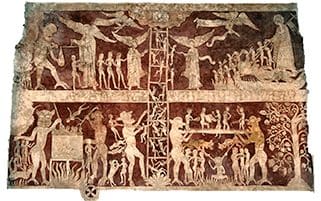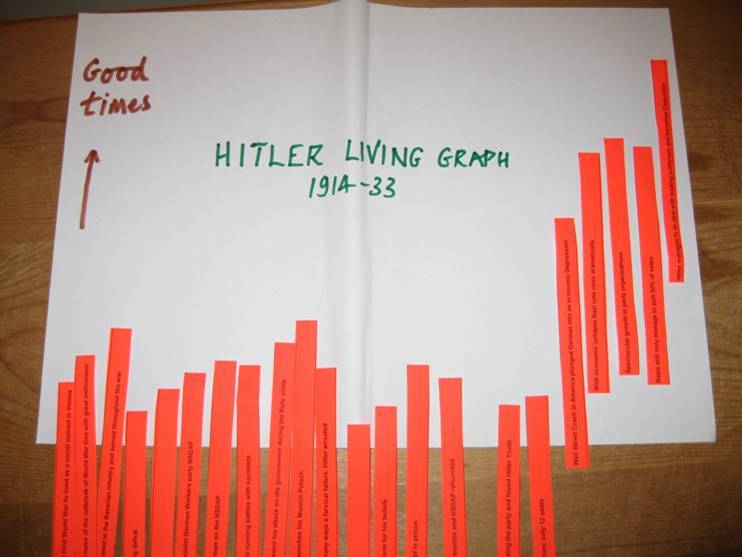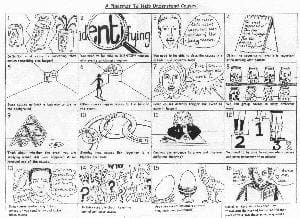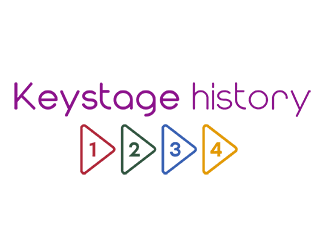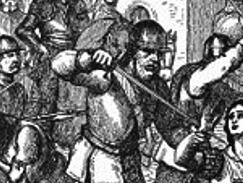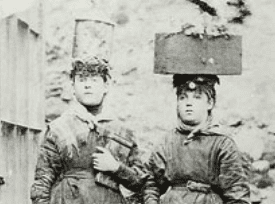Key stage 3 History teaching
What can we learn about medieval churches from the outside and inside?
This innovative lesson uses the gallery strategy in which pupils compare a range of fascinating colour images to discover what…
Read More‘100’ Great Teaching Ideas for teaching history at Key Stage 3
This is a massive section on the site, and one that you may quarry for years. I have listed here…
Progression in history – looking at specific strands
In this highly-rated post, with really important attachments, we show how it is even more important to get a really…
Read MoreAssessment for learning in history at Key Stage 3
I have tried to be careful here not to reproduce the mass of material that has been provided by the…
Read MoreForward planning in history at Key Stage 3
There are probably four separate strands that you need to weave into your forward planning. To start with there will…
Read MoreUsing data in history at Key Stage 3
NB This section of the site is under development as we wait for best practice post-levels assessment to emerge. There…
Read MoreLiteracy and history at Key Stage 3
In recent years there has been a much stronger emphasis in lesson observations on how well particular groups of pupils…
Read MoreRationale for your Key Stage 3 history curriculum
The clever people at OneBigHistoryDepartment have come up with a list of questions to ask yourself about your KS3 history…
Read MoreTeaching Pre-1066 thematic topic
What shall we do with Area 6 pre-1066 thematic unit? Here are some questions to ask yourself. Do you look…
Read MoreWere Cromwell’s actions at Drogheda as brutal as we’ve been led to believe? Ketchup on the walls. SMART TASK KS3
This Y8 courtroom drama blends a study of a couple of original sources, one in facsimile form, with evidence from…
Read MoreTeaching KS3 History: Local Study
The current history curriculum makes it mandatory to include a local history study in your KS3 history curriculum. For example:…
Read MoreTeaching Thematic from pre-1066
Area 6 of the National Curriculum for history requires that you include the study of an aspect or theme in…
Read MorePuzzle Corner 2: Analysing Victorian photographs: the puzzle of the Tredegar patch girls.
Beguilingly simple, but actually quite thought-provoking, this short smart task teaches pupils not to take things at face value –…
Read MoreNumeracy in history at Key Stage 3
History’s contribution to numeracy needs to be really carefully thought out or we could waste an awful lot of valuable…
Read More
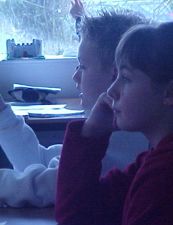 Welcome to the section for teaching history at KS3. This offers a full and comprehensive source of good advice that should be seen as a form of ‘virtual adviser’. The issues I focus on mainly are those that preoccupy history teachers in 2020. High on the agenda is the need to sort out a clear rationale for our KS3 history curriculum . Plenty of advice, and examples of what other schools are doing, are given to set you thinking.
Welcome to the section for teaching history at KS3. This offers a full and comprehensive source of good advice that should be seen as a form of ‘virtual adviser’. The issues I focus on mainly are those that preoccupy history teachers in 2020. High on the agenda is the need to sort out a clear rationale for our KS3 history curriculum . Plenty of advice, and examples of what other schools are doing, are given to set you thinking.